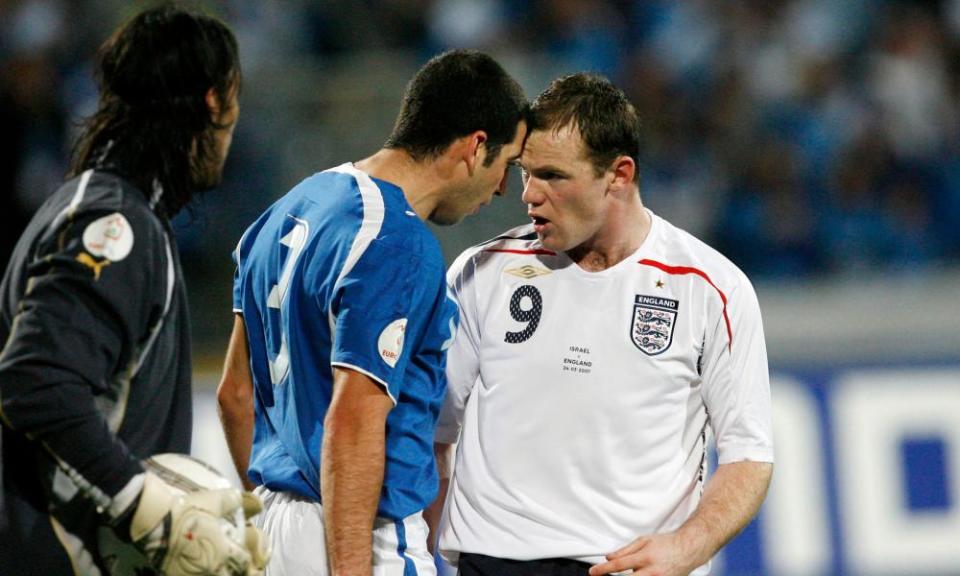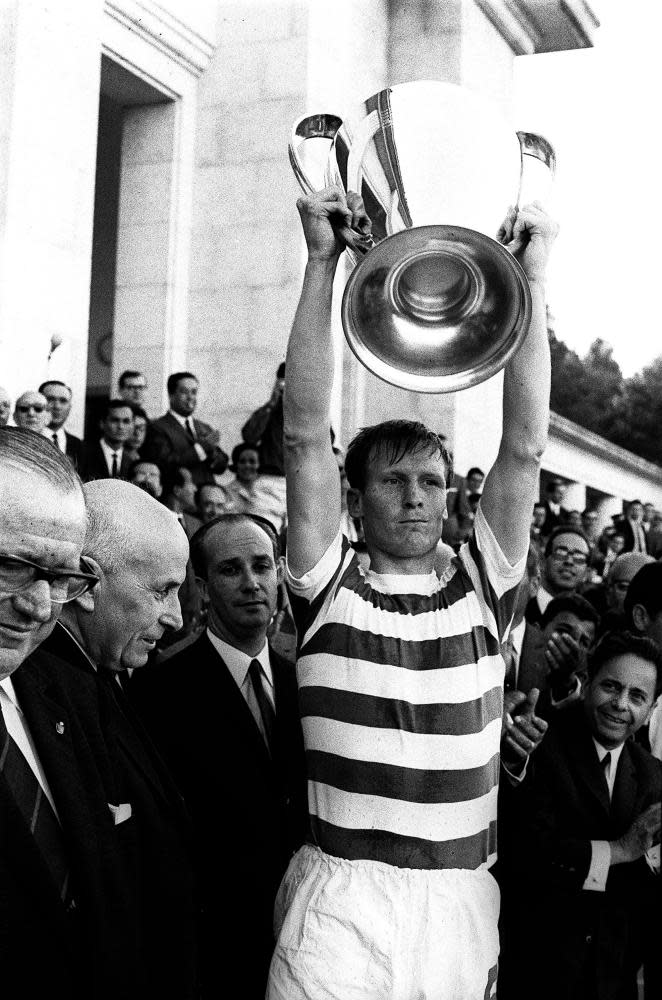Kevin McCarra: a pioneer who changed football journalism

It was around about 1990, long before journalists had mobile phones. Kevin McCarra, the former football correspondent of the Guardian who died from Alzheimer’s disease on Saturday aged 62, was travelling from Glasgow to cover a game at Easter Road for Scotland on Sunday when his train got stuck somewhere near Falkirk. Time passed. It became clear Kevin wasn’t going to make kick-off. Still the train didn’t move. He wasn’t going to make half-time, either.
Unable to contact his desk but knowing they had a space to fill and needed copy, he composed a piece about being on the train with frustrated fans, filed when he was finally able to disembark and somehow produced something true and insightful, and far more memorable than anything that had been written at the game itself.
Related: Ferguson's ability to adapt is key to United success
It was a moment of improvised unorthodoxy typical of Scotland on Sunday at the time. It was a bright, fresh paper, fizzing with imagination in every section. Kevin’s role was vital. In the era of Fever Pitch, fanzines and Italian football on Channel 4, Kevin was one of those who transformed football journalism. Out went the jaded hackery of old, and in came a far more literary sensibility.
Kevin had been doing a PhD placing the 15th-century Scottish poet Robert Henryson in his European context when an arts centre where he worked part-time asked him to put on an exhibition about Scottish football. That led to him being commissioned to co-produce A Pictorial History of Scottish Football, published in 1984. He wrote it on an Amstrad PCW using the deeply unintuitive Locoscript. As anybody who sat near him during a game knew, it was the last thing to do with computers he ever really mastered. “Technology is a word we only use when it goes wrong,” he would say; he used it a lot.
The contacts made during his research led to further writing opportunities. As disillusionment with academia set in, Kevin became a regular in Scottish Field before being invited to join Scotland on Sunday when it launched in 1988. He also co-founded the Mariscat Press, publishing poetry editions including Edwin Morgan’s 1984 work Sonnets from Scotland.
Kevin later worked for the Sunday Times and the Times before succeeding David Lacey as the Guardian’s football correspondent after the 2002 World Cup. It was his dream job. He even took a pay cut to move, although only because he misremembered his salary during negotiations (characteristically – practicalities were never a forte).
It was Lacey he most admired and Lacey whose prose his most resembled, crisp and free of cliche, capable of summing up a game with deceptive economy. Looking back at old pieces now what is striking is both his prescience and the unusual cadences of his writing.

He was rarely controversial, although there was the incident after a friendly against Spain in 2007 when the England manager Steve McClaren referred to the upcoming Euro 2008 qualifier in Israel as “the real bull”, apparently a laboured bullfighting analogy. Kevin, taking his turn with transcription, was understandably mystified and decided McClaren had said “rainbow”, leading to McClaren being mocked up on the back of the tabloids with George, Zippy and Bungle. With somebody else, it might have created major issues, but McClaren and everybody at the Football Association knew that with Kevin it would have been an honest mishearing, no mischief intended; there was never any malice to either him or his writing.
The affection in which he was held became clear during Euro 2016, when he went missing in Avignon. The football community rallied to appeal for help and the following day he was found, confused and dehydrated, by an England fan who had seen his photo on Twitter.
Kevin never savaged anybody, remembered always the person behind the mistake he might be describing. Only once did a manager ever really lose his rag with him, and that was, of all people, Tommy Burns, who had been taught by his father. “I can’t believe Joe McCarra’s boy could write those things,” he hissed, pinning Kevin against the wall, before the preposterousness of the situation overcame the pair of them. It was Burns’s No 10 Kevin later had on the back of his Celtic shirt.

He co-wrote a book on Celtic’s 1967 European Cup win and there was a sense he never enjoyed anything quite so much: Kevin was a famously terrible footballer – so bad that after he’d reluctantly agreed to make up the numbers for a team at Glasgow university, he was quickly subbed off as his teammates decided they would be better playing with 10 – but he enthusiastically acted out the key moments of that campaign as recreated for him by Jimmy Johnstone in his living room.
Some journalists end up covering football because it’s where they are shunted, some do it because it’s a job; Kevin did it because he loved football. That perhaps came through most obviously in his broadcast work. Kevin was one of the original regular guests on Football Weekly and a huge part of its early success.
After leaving the Guardian in 2013, Kevin returned to Glasgow and wrote another book, telling the history of Celtic through the biographies of nine key figures. Long after illness struck, he kept going to Parkhead and Partick Thistle. He was, as his friend Philippe Auclair put it, “a gentle fanatic”, obsessed by Celtic but never partisan.
He was unashamedly erudite, but also had great warmth. He was a pioneer who changed Scottish football journalism but, most fundamentally, he was a thoroughly nice man.

